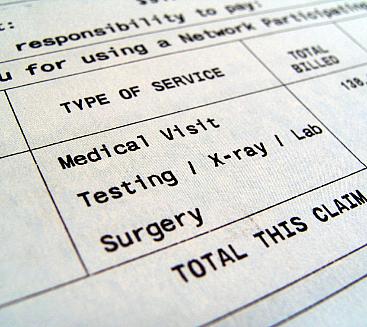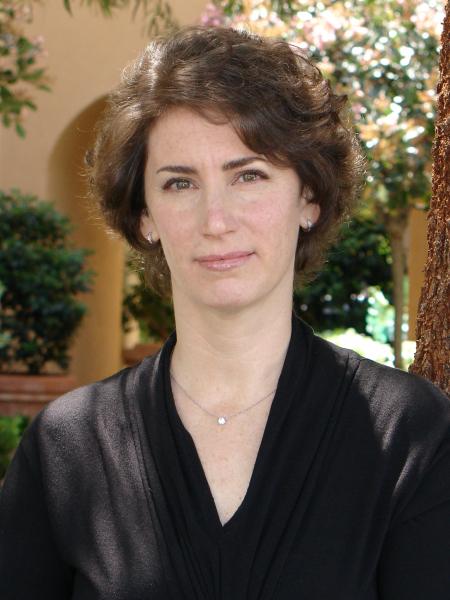Q&A with Lisa Zamosky: Health Writers Have a Future Full of Great Stories

 Here's the second part of my Q&A with health writer, advice columnist and coffee enthusiast Lisa Zamosky. The first part ran on Wednesday.
Here's the second part of my Q&A with health writer, advice columnist and coffee enthusiast Lisa Zamosky. The first part ran on Wednesday.
Q: What sort of tips can you offer for pleasing multiple bosses and keeping multiple projects – short and long term – on track?
A: In my experience, editors simply want you to turn in good work on time and to respond quickly and pleasantly to their edits. They want to work with writers they can count on and who make their lives easier by doing exactly what they've promised. In order to be that writer, it's critical to know how much and what kind of work you can comfortably manage. If you know how much time you need to complete projects (which is harder than it sounds) you can prevent yourself from taking on too much. We all have to push ourselves, but you also have to know where your own breaking point is. If you don't, you run the risk of stretching yourself too thin, which can easily result in letting your editors down and losing a client. I would also say that because you wear all hats in your business as a freelancer you want to develop resources so you can farm out administrative tasks that take up too much of your time or emotional energy. Simple things like finding someone who can transcribe an interview can make a huge difference in your ability to meet your deadlines and preserve your sanity.
Q: Writing a "Dear Abby" style advice column is something that many writers would covet. Instead of just a byline, suddenly a writer can become an authority figure and a bit of a celebrity. How did the Health 411 gig come your way?
A: Well, it's a great gig, and one I'm incredibly grateful to have. I've been writing for the Los Angeles Times as a freelancer for several years, so I had an established relationship with the editors. My sense was that particularly now with health reform and insurance benefit designs placing a greater financial burden on consumers, people need information that more directly relates to the challenges they face on a day-to-day basis. So I pitched the Q&A column to my editors earlier this year and, thankfully, they agreed with me. But I would say it's not quite a Dear Abby-style column in that my responses always include input from outside experts on the topics I'm writing about.
Q: New York Times etiquette columnist Philip Galanes did an interview recently for his book tour, where he said that his main qualification for giving advice is the fact that people ask him for advice. What do you think qualifies you to answer such a range of health-related questions?
A: Well, people do frequently ask me for advice, but I believe it's because at this point I've worked in health care in one form or another for about 18 years. I write about health insurance and finance issues as a former executive working inside the industry. I think that part of my career has given me a deeper level of expertise than I would have had if I'd only written about the industry as a journalist. Having said that, I respond to a wide range of issues and it's impossible to be knowledgeable about everything – no one is – and certainly I'm asked questions that fall outside of my own experience. I'm constantly utilizing my own knowledge of the industry as well as talking with experts who help to further my understanding.
Q: Do you think of the audiences for Health Insurance Navigator and Health 411 in different terms and, if so, how do you write differently for each?
A: Generally, I think the audiences are similar. The topics I cover for both certainly overlap, but the boundaries of what I can cover are much broader at the Times. My WebMD Health Insurance Navigator blog is focused on health reform, health insurance and the intersection of health and money. There are topics I'll take on in Health 411 that simply wouldn't be appropriate for my blog at WebMD.
Q: For both columns, you are quite good at finding experts in very narrow topics. What are some of your techniques for finding the right person and are some areas a lot harder than others?
A: I read a lot and as I come across experts on various topics, I'll add them to a roster I've created. I use sourcebooks focused on health reform and insurance that help to point me in the right direction. I've also developed quite a lot of contacts, so I'll ask colleagues or subject matter experts I've talked to before if they can refer to me to someone knowledgeable about the topic I'm covering. Finally, I'm a member of the Association of Health Care Journalists, which has a listserv through which members can ask for help identifying experts or information about different topics from colleagues all around the country. If you put a query out on the listserv, there's a good chance someone will have knowledge useful to you. It's a very generous community that shares freely, so that's been an amazing resource.
Q: Lastly, do you feel optimistic or pessimistic about the future for health writers?
A: I feel very optimistic. Health care is one of the biggest stories of our time – whether covering health reform, the business of health care or disease and treatment -- there is no end to the stories or the public's appetite for information. The way we do our jobs may be changing, and journalists will no doubt need to learn new skills or apply themselves in different ways. But the need for information exists perhaps more today than ever, I believe.
Related Posts:
Q&A with Lisa Zamosky, Part 1: Former Insider Now Writes About Health Insurance
